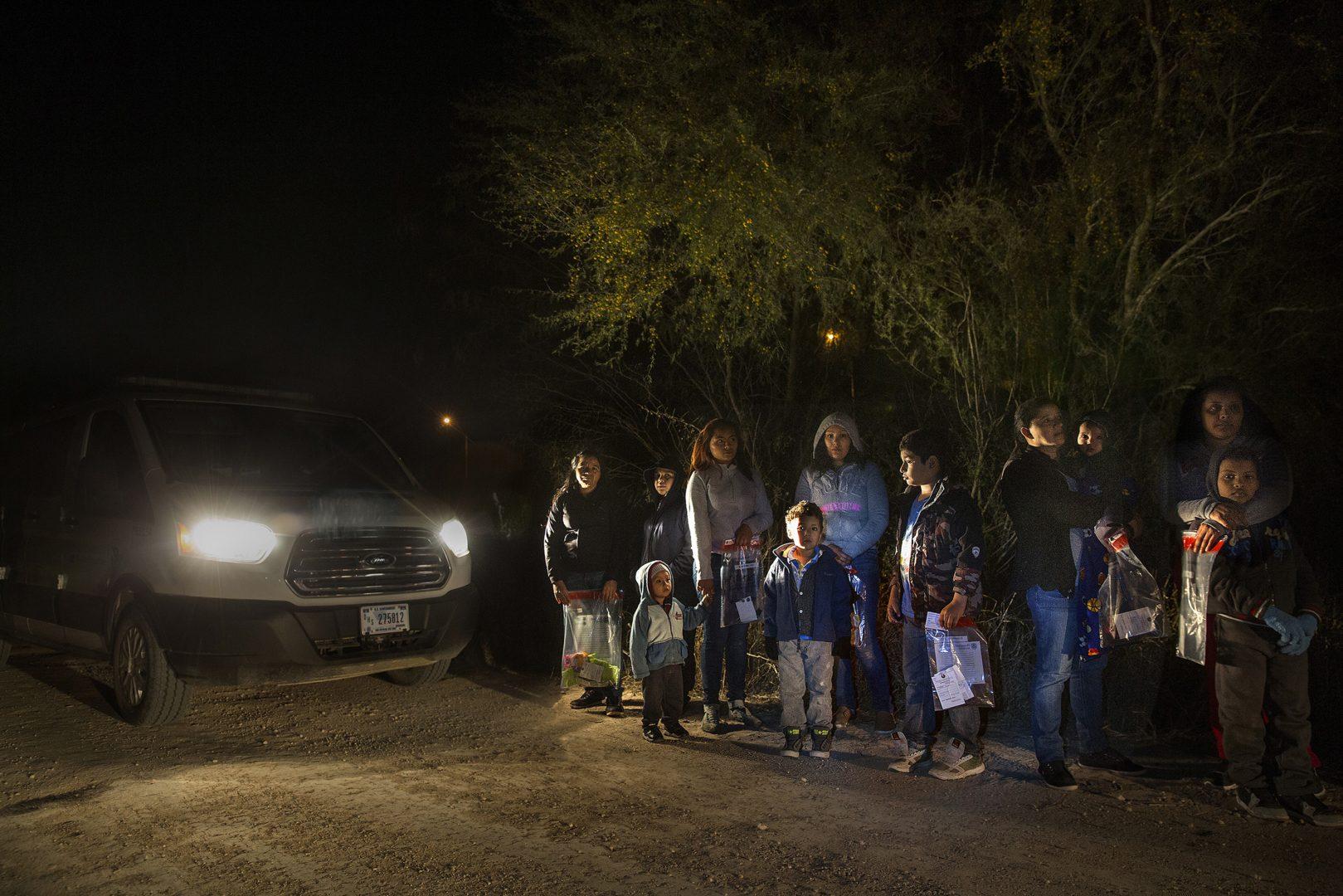(TNS)WASHINGTON — The Trump administration said Nov. 6 that it will end a special program that for years has protected more than 5,000 Nicaraguans against deportation, but stopped short of ending similar protections for immigrants from Honduras or other countries.
While the announcement means that the Nicaraguans who now enjoy so-called Temporary Protected Status will become vulnerable to deportation in roughly 14 months, the decision was less severe than feared by immigration advocates.
Not only did the administration defer a decision on the status of some 86,000 Honduran immigrants, but officials from the Department of Homeland Security said the administration would support action by Congress to find a permanent solution that could allow them and other protected migrants to stay.
“The administration would support Congress’ effort to find such a solution,” said a senior department official who spoke to reporters on the condition of anonymity, as required by administration ground rules.
The administration had a deadline on whether to extend protections for Nicaraguans and Hondurans, which are set to expire in January. Many have lived in the U.S. for years, some as long as two decades. The largest communities are in Southern California and Texas.
Elaine Duke, acting secretary of the Department of Homeland Security, determined that conditions in Nicaragua have improved enough to justify sending migrants from that country back, but that she still needs more information on Honduras, the official said. She extended the temporary status for Hondurans for at least another six months, through July 5.
The Honduran government appealed for more time, which the Nicaraguan government did not do, the senior official added.
Trump administration officials have been signaling their desire to end the protections, arguing that a program that was supposed to provide a temporary respite after disaster and civil wars has instead become a permanent benefit.
But it’s now unclear whether the administration intends to kill the protections for larger groups of people who came from other troubled countries, including Haiti and El Salvador. Deadlines come due soon for deciding whether to renew protections for those groups.
By far the largest number, 212,000, are from El Salvador; their protections expire in March. In all, about 325,000 residents from 10 countries, including Syria, Somalia and Nepal, are protected under the program.





